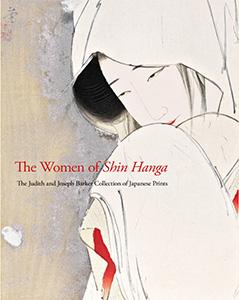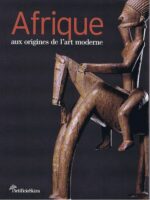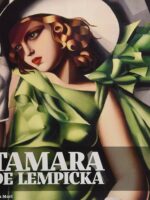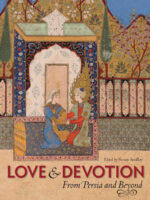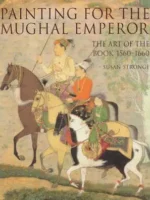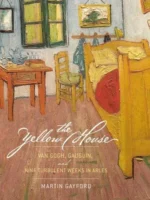The Women of Shin Hanga Review
The Women of Shin Hanga (Hood Museum of Art) explores women’s roles within Japan’s shin-hanga print movement: as subjects, creators, publishers, and consumers. It reframes a genre often seen only through male artists and the bijin-ga gaze.
Overview
Essays and plates cover 1910s–1940s printmaking: artist–carver–printer–publisher collaboration; marketing for domestic and export audiences; and works by and about women—actors, workers, modern girls, and occasional women printmakers.
Summary
The catalog situates beauty prints amid modernization, tourism, and gender norms. It contrasts romantic nostalgia with urban modernity, shows publisher-driven branding, and surfaces neglected contributors in studios and distribution. Technical notes address paper, pigments, and editioning.
Authors
Museum curators and scholars write with curatorial clarity and attention to provenance and context.
Key Themes
Collaboration economics of shin-hanga; gaze and agency; modernity vs nostalgia in iconography; export markets shaping style.
Strengths and Weaknesses
Strengths: fresh gendered lens, strong image selection, and production context. Weaknesses: limited archival depth on individual women artisans due to scarce records.
Target Audience
Collectors, print historians, designers, and readers of Japanese modern visual culture.
Favorite Ideas
Publishers as creative directors; “moga” (modern girl) prints as social signals; behind-the-scenes labor making surface elegance possible.
Takeaways
Shin-hanga is a networked craft shaped by markets and gendered images. Seeing women across the chain—on and behind the paper—changes the story the prints tell.

